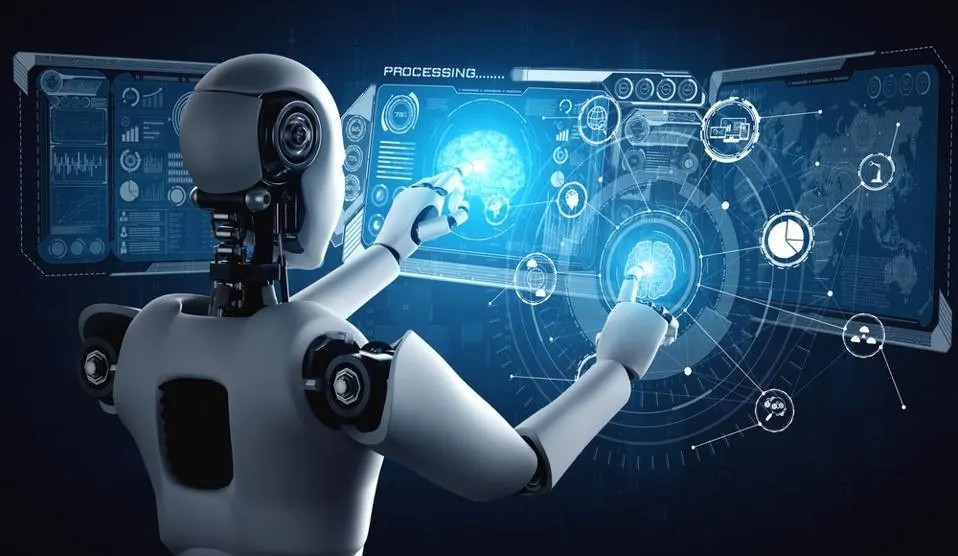Amid fears of automation taking away the need for humans in a range of different industries, it can be easy to view such technology as an unwelcome intruder, despite the fact that in many instances, automation doesn’t just make our lives and work easier, but more cost-effective and profitable, too.
In the finance industry, integrated technology has reshaped many accounting practices, with the days of making manual entries into ledgers and compiling cumbersome spreadsheets that take up valuable desk space, long gone. Sophisticated software and platforms that are cloud-based have heralded an era of transformation, enabling accounting professionals to devote their time and expertise to activities of a more strategic nature, rather than on longwinded and frankly boring, data entry.
What is the most significant impact of technology on accounting?
As briefly touched upon above, technology in the field of accounting has liberated professionals from the shackles of repetitive and mundane tasks like data entry; an area of the profession in which it has had the most profound, and lasting impact.
Thanks to automation, accountants are now able to shift their focus towards such things as the interpretation of financial insights, and providing clients with advisory services. Both of these things can help accountants offer more value to their clients, while giving them the opportunity to earn more money and expand their business, too. Such a shift doesn’t just enhance efficiency and profitable, however, but also allows accountants to humanize the profession by participating in tasks that engage their cognitive skills.
Can the accounting profession exist with AI alone?
While many are justifiably worried that automation and AI tools will one day take over the role of humans, making them superfluous, in the accounting profession, this isn’t set to be the case yet, if at all. In fact, nowadays, modern accounting is symbolized by a collaboration between machines and humans, who for the most part, work in harmony together.
Vast swathes of data can now be analysed at speeds unprecedented with the assistance of machine learning algorithms and tools powered by AI, with trends and patterns that once eluded human cognition, now able to be quickly and accurately identified. But, while trends and patterns give insights, they are worthless without a skilled human to contextualize them and turn them into insights of value; something only someone (and not a machine) with an in-depth understanding of the nuances of business and financial strategy, are able to provide.
Additionally, accounting platforms that are cloud-based have paved the way for effective and convenient collaborations between accounting professionals and their clients. Able to share data in real-time, provide instant updates, and benefit from remote access, the relationship between accountant and client has been strengthened, as well as making many accounting processes more efficient, and therefore, more profitable.
Why the human touch is so necessary in the accounting profession
Interpreting insights in real-time, and using relevant and updated skills to do so, requires the human touch, without which, nothing of any real value can be passed back to the client to help them achieve their business goals.
So, while technology is indeed a powerful thing for the accounting profession, it will never replace accountants themselves, instead, serving only to enhance their work and free up their time to focus on high-value tasks.
Human judgement remains essential to the accounting world, and with ethical considerations and complicated decision-making in mind, only the human touch can navigate the nuanced financial industry to any effect, albeit made easier with the help of certain AI tools. And, when used appropriately, technology can be seamlessly integrated to elevate the accounting profession as a whole, and help businesses remain indispensable to their clients for the foreseeable future.









